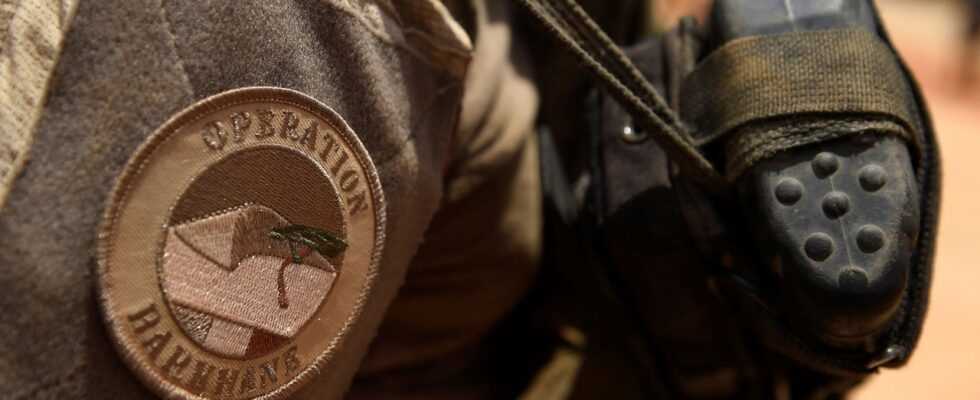Pushed out by the “obstructions” of the ruling junta in Bamako, France and its European partners formalized their military withdrawal from Mali on Thursday after nine years of anti-jihadist struggle led by Paris, while affirming that they wanted to remain committed to the Sahelian countries and the Gulf of Guinea.
“Due to the multiple obstructions of the Malian transitional authorities, Canada and the European states operating alongside the (French) Operation Barkhane and within the Task Force Takuba believe that the conditions are no longer met to effectively pursue their commitment. current military (…) in Mali and have therefore decided to begin the coordinated withdrawal from Malian territory of their respective military means dedicated to these operations”, they underline in a joint statement.
However, Emmanuel Macron does not want to hear of France’s “failure”. “I completely reject this term. What would have happened in 2013 if France had not chosen to intervene? You would certainly have had a collapse of the Malian state. I tell you this with a lot of Honesty is what was happening and France avoided it,” he said on Thursday morning.
Which organization for the withdrawal?
We already know a little about the timetable for the withdrawal of French troops. The General Staff of the Armed Forces is giving itself until the end of August to withdraw its last soldiers from Mali. A “very tight” timing, recognize several military sources, and with the risk that the rainy season will slow down the maneuver. Three bases must be closed, Gossi, Ménaka and Gao, the most important in the region. So the 2,400 soldiers to be redeployed is not the most complicated part: on the other hand, all the medical equipment and ammunition stocks must be transported by land.
For that, dozens of armored vehicles will be needed because there is no question of leaving them in the hands of the Malian authorities. Air bridges will also multiply between Gao, Niamey in Niger and France, and all this must be coordinated and secured to avoid possible jihadist attacks on convoys. A key issue of this withdrawal indeed, while the terrorists could take advantage of this departure of the French to extend their action to the countries of the Gulf of Guinea.
Invited to Europe Midi on Thursday, the former Minister of Commerce Jean-Marie Bockel, who lost his son, a soldier for Operation Barkhane in 2019 in Mali, estimated that a “drama” is unfolding for the country in question. “Everything had been done to ensure that the post-military presence took place in the best possible conditions with everyone’s commitment. In terms of security, state reconstruction and development. And after the two blows successive states, things fell apart very quickly,” he said.
What security risks?
According to him, France has done its duty. “The French army has succeeded in the field. We are proud of what these soldiers have done and obviously very sad about what is happening, since our children died in Mali. And at the same time, we have this hope that one day the dialogue will resume,” he continued. “When you talk to the Malians you realize that there is deep recognition because they know what would have happened if we had not been there. […] We are not far, we are not leaving, even if it is heartbreaking to have to leave Mali.”
Jean-Marie Bockel finally said he was worried about the future of the country. “What some officials are advocating is a type of negotiation with our enemies which, little by little, will tip Mali into a sort of no man’s land in terms of security. Everything could change and it would be terrible. That would have also an effect on the security of the Sahel region and our own security. This is why it is good that we remain in the region with our allies, that we maintain an intervention capacity.”
